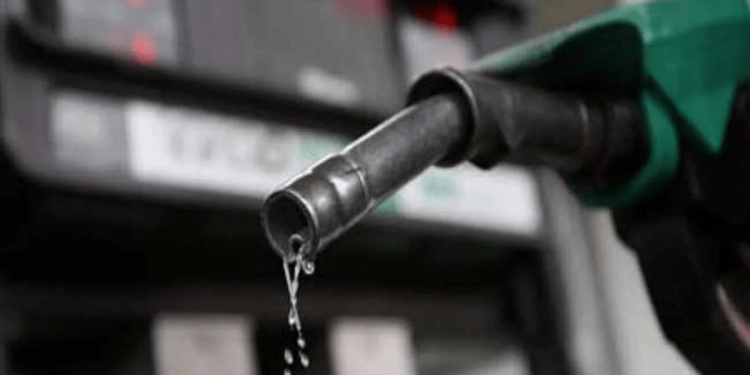Oil marketers have expressed concern that the Federal Government’s recent introduction of a 15% import duty on petrol and diesel will lead to a rise in pump prices and create new challenges for small and independent energy players.
They said the policy makes it more difficult for private importers to complement local refineries, which are still unable to meet national demand.
President Bola Ahmed Tinubu recently approved the ad-valorem import duty following a request by the Federal Inland Revenue Service (FIRS) to apply the levy on the cost, insurance, and freight value of imported petrol and diesel. The FIRS Chairman explained that the reform aims to boost local refining, ensure price stability, and strengthen the naira-based oil economy in line with the administration’s energy and fiscal sustainability goals.
However, oil marketers have warned that the move could push fuel prices beyond N1,000 per litre. They argued that the new levy comes amid supply challenges and disputes between the Dangote Refinery and independent marketers over product distribution.
Speaking on behalf of the Independent Petroleum Marketers Association of Nigeria (IPMAN), the association’s Publicity Secretary, Chinedu Ukadike, said the government must not use pricing policies to favour a few major players. He warned that the combination of rising fuel prices, growing investment in compressed natural gas (CNG) and electric vehicles, could render many filling stations obsolete.
“This policy will increase the price of petroleum products at the pump,” he said. “What marketers want is reduced prices and fair competition that allows commuters to afford fuel and businesses to stay viable. You don’t regulate to favour certain refiners in a deregulated economy. Government should instead remove unnecessary taxes and support local refiners with funding to drive competition and price reduction.”
Economic analysts have also shared mixed views. An economist at Nasarawa State University, Paul Adams, described the move as a “strategic but double-edged policy.” He said the duty could help strengthen domestic refining but may worsen inflation and supply disruptions in the short term.
“For independent marketers who rely on imports due to limited local output, this duty will tighten margins and likely disrupt supply consistency until local production fully stabilises,” he explained.
Meanwhile, the presidency maintained that the 15% import duty is designed to make imported petroleum products less competitive, promote local refining, and reduce Nigeria’s dependence on foreign fuel. The Special Adviser to the President on Media and Public Communication, Sunday Dare, said the policy aims to redirect market demand toward Nigerian refineries, conserve foreign exchange, and generate jobs and industrial growth.










